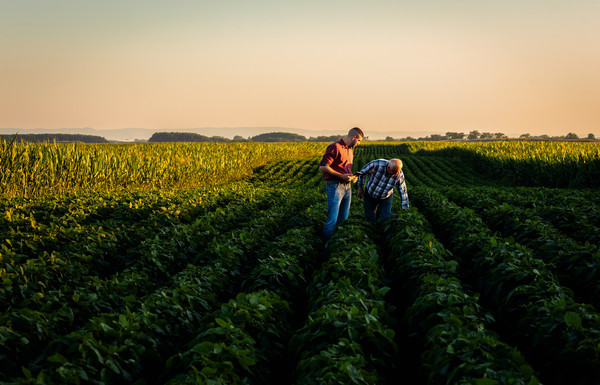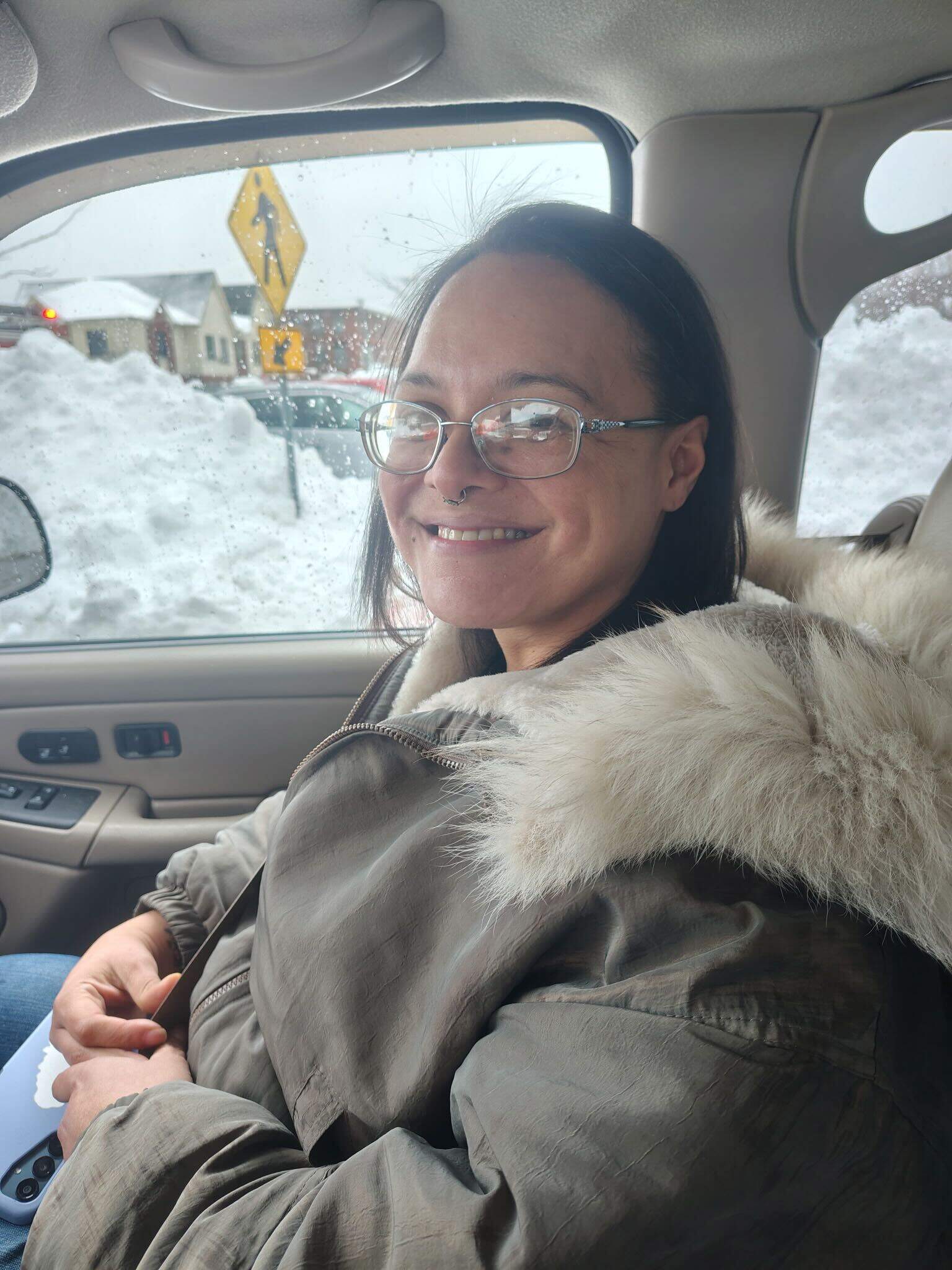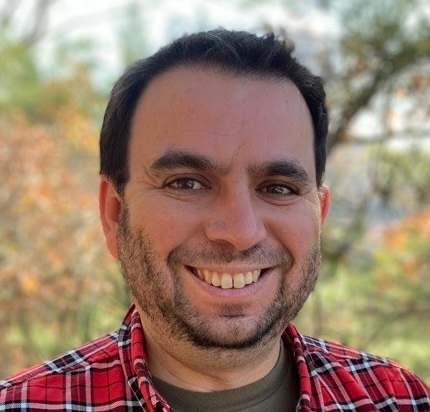Women in Somalia
Life for women and girls in Somalia is challenging. Somalia ranks fourth lowest for gender equality globally, maternal and infant mortality rates are some of the highest in the world, and early marriage is prevalent. The Somalia Health and Demographic Survey (SHDS) shows that Female Genital Mutilation/Cutting (FGM/C) in women aged 15–49 is high, at 99.2% which has both short-term and long-term physiological, sexual and psychological repercussions. Sexual and Gender-Based Violence (GBV) is one of the most prevalent human rights violations faced by people, particularly women, all around the globe.
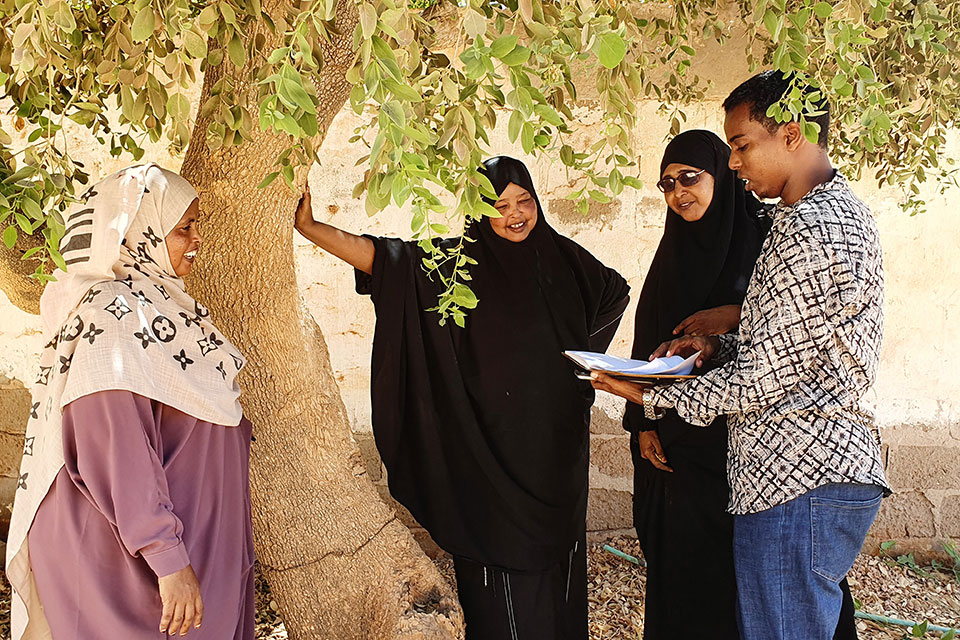
Somalia population comprises of a significant youth and adolescent population with under half (45.6%) of the population being less than 15 years and around three-quarters (75%) of the population being less than 30 years old.
Somalia’s gross domestic product (GDP) per capita has consistently been ranked among the five lowest in the world throughout the last decade and in 2020 it was the second lowest in the world. In 2019, the International Labour Organization (ILO) estimated the labour force participation of men (15-64) to be 73.6% while women’s (15-64) labour force participation rate was estimated to be 23.1% with the figures remaining relatively unchanged over the past 10 years. Agriculture remains the biggest employer of both men and women at 79.2% and 83.9% of the labour force respectively.
Over the past two decades, Somalia has experienced a raging civil war, a rise in violent extremism and a devastating humanitarian crisis, which resulted in weak institutional and bureaucratic infrastructure and has greatly damaged social cohesion and unity. For decades, conflict, insecurity and natural disasters such as droughts, cyclones, floods, desert locust and COVID-19 have made Somalia a difficult and volatile humanitarian crisis. Somalia has one of the largest populations of internally displaced persons (IDPs) in the world, with displacement driven by the conflict with al-Shabab, fear of violence, drought, lack of livelihood opportunities and evictions. A total of 7.7 million Somali women, men, and children are estimated to require humanitarian assistance in 2022.
Life for women and girls in Somalia is challenging. Somalia ranks fourth lowest for gender equality globally, maternal and infant mortality rates are some of the highest in the world, and early marriage is prevalent. The Somalia Health and Demographic Survey (SHDS) shows that Female Genital Mutilation/Cutting (FGM/C) in women aged 15–49 is high, at 99.2%which has both short-term and long-term physiological, sexual and psychological repercussions. Sexual and Gender-Based Violence (GBV) is one of the most prevalent human rights violations faced by people, particularly women, all around the globe. Since the outbreak of Covid-19, women, and girls have faced an even greater risk of SGBV. To address some of the challenges, in 2018, the Federal Parliament introduced the comprehensive Sexual Offences Bill (SOB), which if approved during the 11th Parliament, would offer greater protection for the victims of sexual violence and would represent a significant step toward ending the culture of impunity as it relates to GBV in Somalia.
In the Somali context, exclusionary politics has been a historic driver of conflict. Given the male-dominated clan system and the absence of a systematic approach to promote inclusivity, Somali women largely remain excluded from key political and decision-making processes, despite the complex they continue to play in conflict, peace, and security. They continue to remain underrepresented within national and regional decision and making policy-making bodies. Gender imbalance in political participation, in leadership and decision-making, is a threat to sustained peace and development. Despite commitments to 30% quota for women in the 11th Parliamentary elections (2021-2022), the women’s representation stands low at 20% in House of the People, which is lower than the 2016 figure of 24%. There were some gains made with 26% seats for women in Upper House in 11th Parliament in comparison to 24% in 10th Parliament.
Despite the positive trajectory towards stability, there continue to be numerous attacks in both urban and rural areas, carried out by militant groups in Somalia. The limited capacities at all levels of government to provide for the security, protection, social, environmental, and economic needs of the population specifically women pose an additional challenge to the promotion of Gender Equality and Women Empowerment (GEWE) in Somalia.
Other aspects of the challenges that women face in accessing justice are the Somali culture, which restricts women to the home and family sphere; differing interpretations of judicial regimes, like sharia, secular and customary law; and the absence of women within the judicial system. Out of a total of 295 judges there exist 2 female judges and out of a total of 65 prosecutors 14 female prosecutors as of 2021 calling for attention for gender parity.
About UN Women in Somalia
In Somalia, UN Women supports and works closely with governments and civil society to design laws, policies, programmes, and services needed to ensure that the gender equality standards are effectively implemented and truly benefit women and girls.
The UN Women Somalia programme (2022-2025) is derived from the UN Sustainable Development Cooperation Framework Guiding Principles and Guidance, Somalia Common Country Analysis (CCA), and the CCA companion document by SDG, UN Somalia Gender Equality Strategy, and the National Action Plan on UNSCR 1325, UN Women Africa Strategy and the NDP-9 Pillars focusing on promoting women’s political participation and leadership and women, peace and security agenda with strengthening women’s access to justice, promoting durable solutions; gender in humanitarian action and prevention of sexual and gender-based violence with the focus on women IDPs and refugees, climate resilience, and advancing women’s economic empowerment adopting the triple nexus.
Our programmes
UN Women works towards making the vision of the Sustainable Development Goals a reality for women and girls and stands behind women’s equal participation in all aspects of life, focusing on the following UNCF strategic priorities:
Functional, inclusive, accountable, and transparent democratic systems across all levels of government and governmental institutions
All Somalis Particularly Women Live in a Peaceful, Inclusive, and Cohesive Society
Security And Rule Of Law
Economic Development and Social Development
Strategic Partnerships
The Ministry of Women and Human Rights Development (MoWHRD) at the Federal and Federal Member States is the key partner of UN Women Somalia Program. UN Women also works with other ministries and institutions including the Ministry of Justice, Religious Affairs and Endowment, Ministry of Youth and Sports, Ministry of Planning and International Cooperation, Office of the Attorney-General, Ministry of Interior and National Security, Parliament, Independent Electoral Commission among others. UN Women also works closely with the Civil Society Organizations, NGOs, youth organizations, women led organizations, clan elders, religious leaders.
Key donors that support the UN Women program in Somalia include: The Swedish International Development Agency (SIDA), Foreign, Commonwealth and Development Office (FCDO), Government of Japan, Peace Building Fund (PBF), MPTF through EU, Netherlands, Germany, and Denmark. In parallel, UN Women will also explore new partnerships with bilateral, private sector and regional donors.
What is Your Reaction?
 Like
0
Like
0
 Dislike
0
Dislike
0
 Love
0
Love
0
 Funny
0
Funny
0
 Angry
0
Angry
0
 Sad
0
Sad
0
 Wow
0
Wow
0
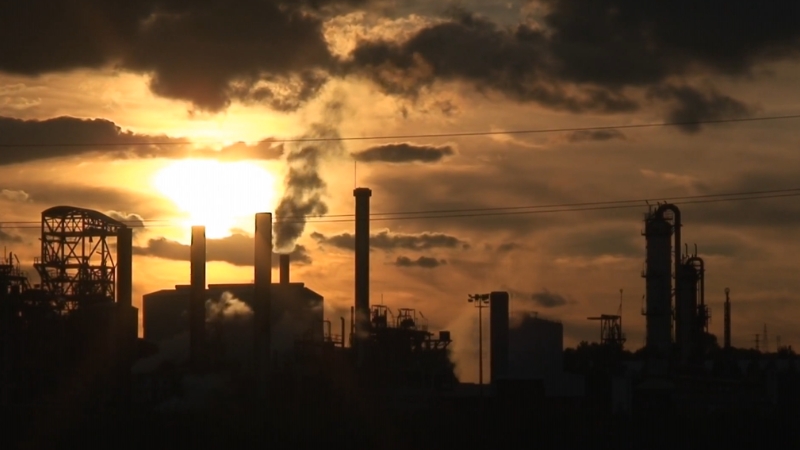
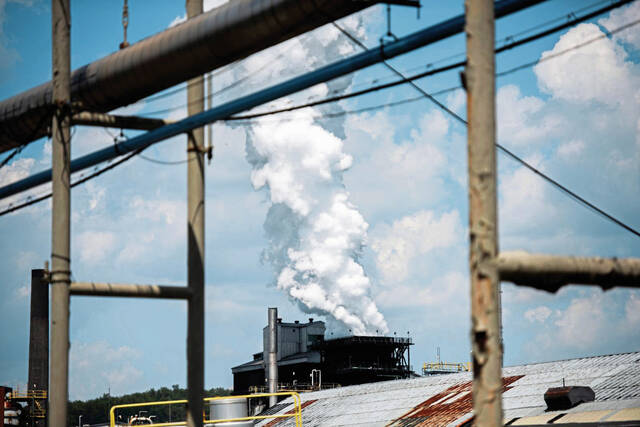













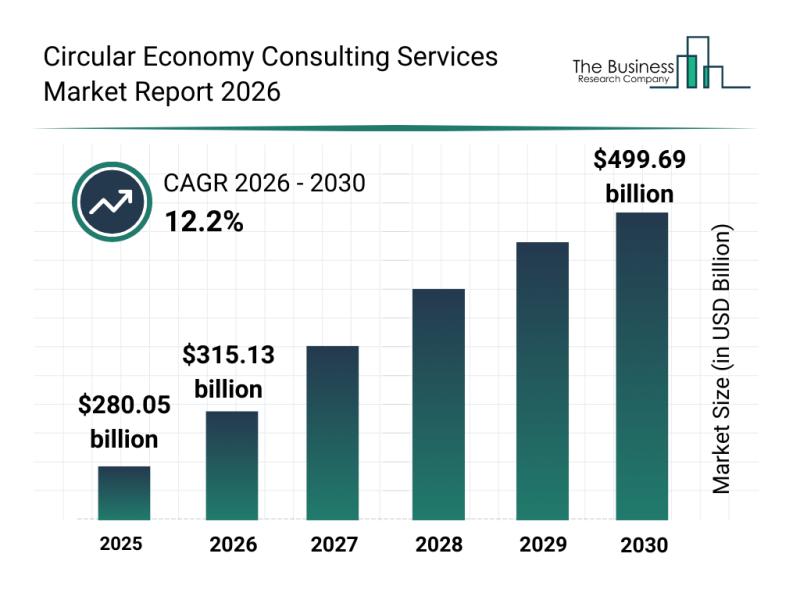







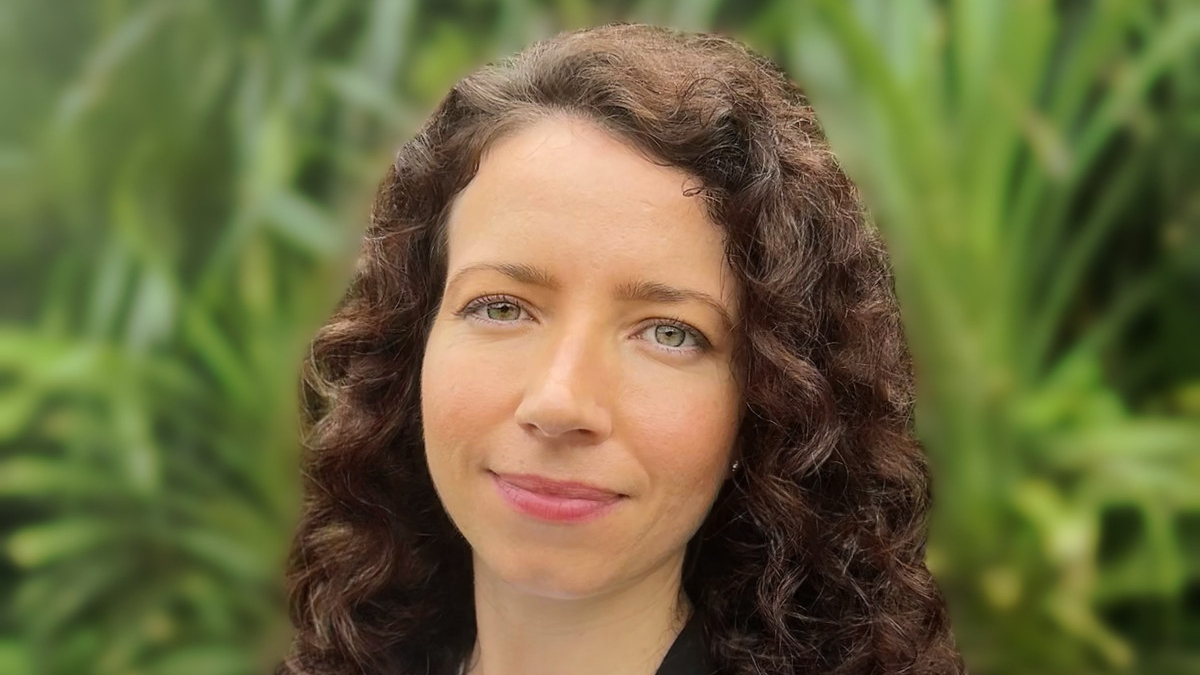
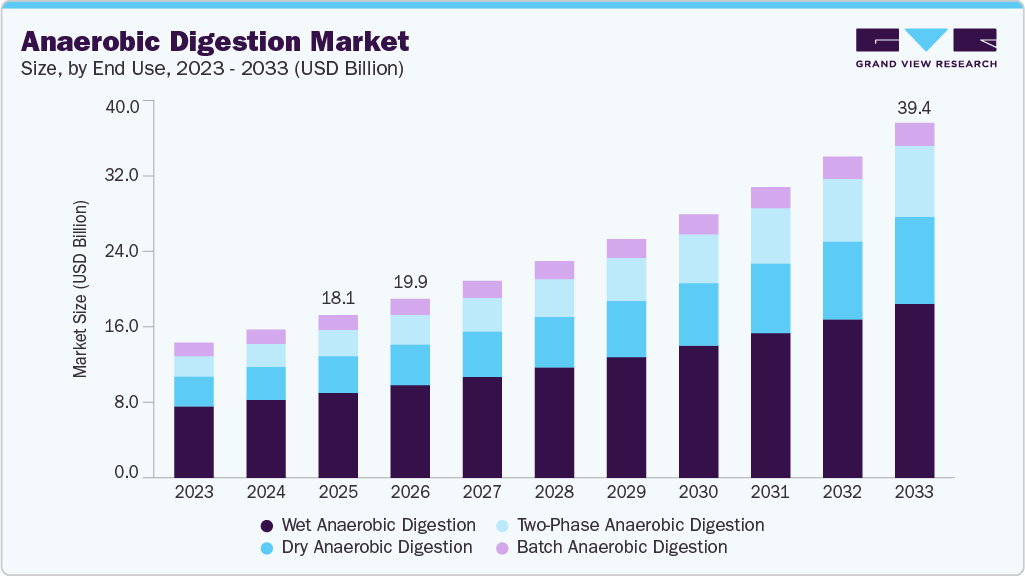





















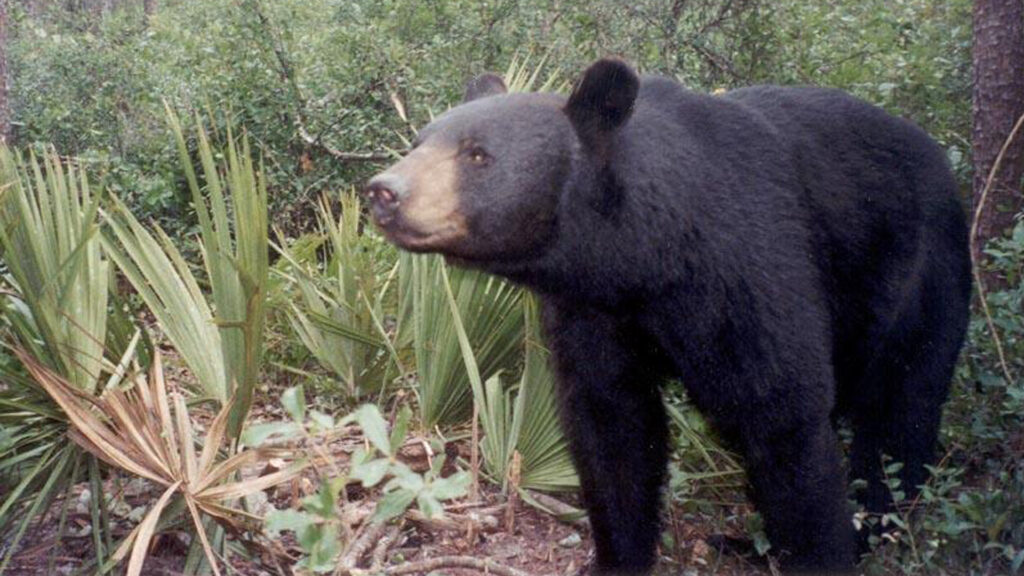

;Resize=620#)
